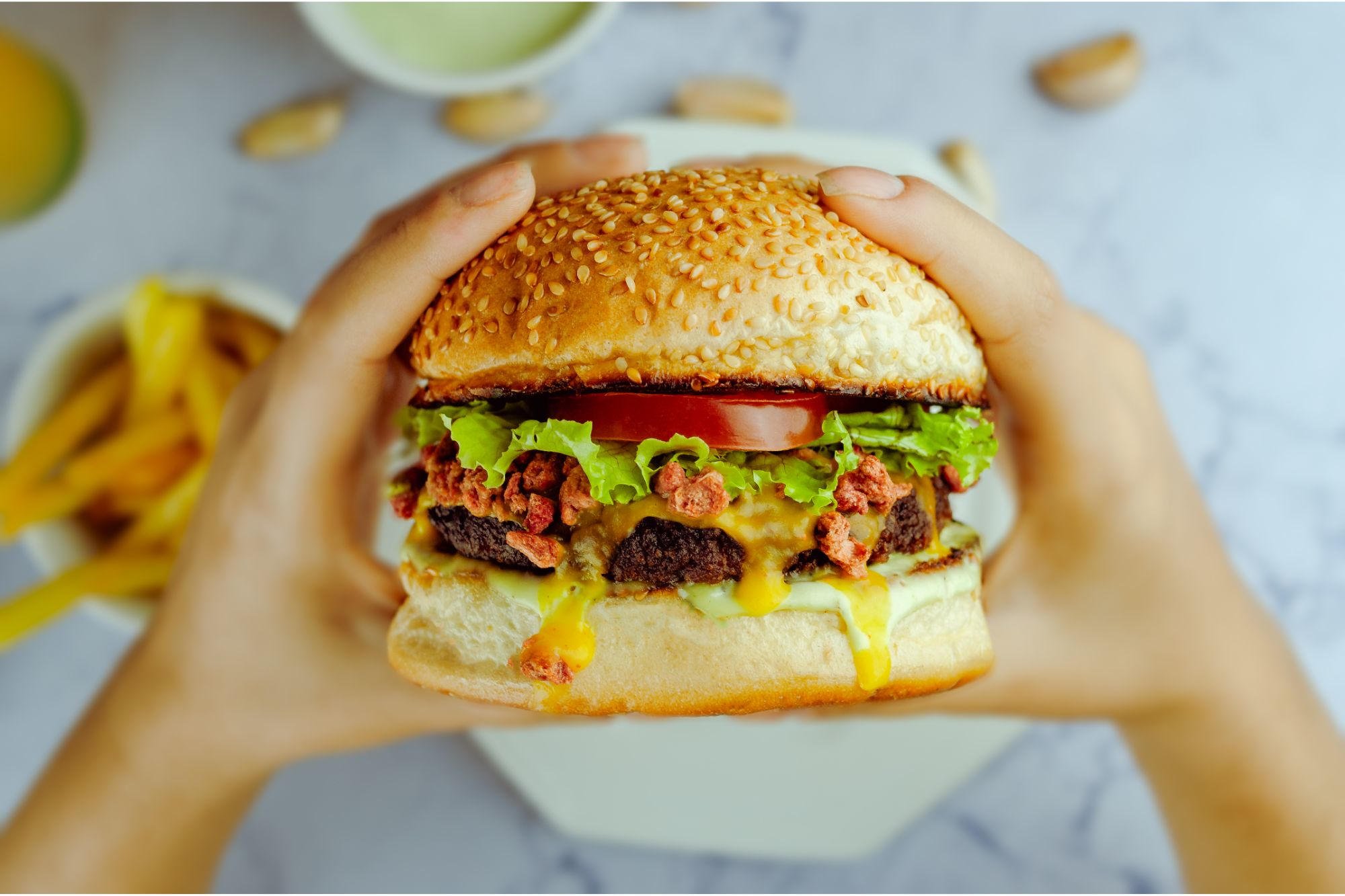A high-fat diet quickly disrupts neurons tied to memory, but restoring glucose or dietary changes can repair the damage. These findings may guide strategies to reduce dementia risk.
Diet impacts the brain a lot more than we think.
A study conducted by researchers at the UNC School of Medicine, recently published in Neuron, shows how diets high in junk food can rapidly alter the brain’s memory center, increasing the likelihood of cognitive impairment. The findings point to new opportunities for early interventions that could help prevent lasting memory decline linked to obesity.
CCK interneurons and disrupted glucose use
The research team, led by Juan Song, PhD, professor of pharmacology and principal investigator, along with first author Taylor Landry, PhD, discovered that a specific group of neurons in the hippocampus, known as CCK interneurons, become hyperactive after exposure to a high-fat diet (HFD). This heightened activity occurs because the brain loses its ability to properly take in glucose (sugar). Even after only a few days on this type of diet, which mirrors Western junk foods rich in saturated fats such as cheeseburgers and fries, memory processing in the hippocampus is disrupted. The study also identified a central role for the protein PKM2, which regulates how brain cells use energy, in driving these harmful effects.

“We knew that diet and metabolism could affect brain health, but we didn’t expect to find such a specific and vulnerable group of brain cells, CCK interneurons in the hippocampus, that were directly disrupted by short-term high-fat diet exposure,” Song said, who is a member of the UNC Neuroscience Center. “What surprised us most was how quickly these cells changed their activity in response to reduced glucose availability, and how this shift alone was enough to impair memory.”
Brain Health Study Summary
- Mice were fed a high-fat diet that mimicked junk food before undergoing behavioral tests.
- After only four days on this diet, researchers observed that CCK interneurons in the hippocampus, the brain’s memory center, became unusually active.
- These findings suggest that fatty junk foods can begin altering brain function almost immediately, long before weight gain or diabetes develops.
The study also emphasizes how strongly memory circuits respond to dietary influences, highlighting the critical role of nutrition in supporting brain health. According to the researchers, consuming a high-fat diet that is high in saturated fats may raise the risk of developing neurodegenerative conditions such as dementia and Alzheimer’s disease.
Interventions restore brain health
The research also shows that restoring brain glucose levels actually calmed down overactive neurons and fixed memory problems in mice. The study found interventions like dietary modifications or pharmacological approaches may be effective in preserving brain health for obesity-related neurodegeneration. Notably, researchers discovered that dietary interventions like intermittent fasting periods following a high-fat diet were sufficient to normalize CCK interneurons and improve memory function.
“This work highlights how what we eat can rapidly affect brain health and how early interventions, whether through fasting or medicine, could protect memory and lower the risk of long-term cognitive problems linked to obesity and metabolic disorders,” said Song. “In the long run, such strategies could help reduce the growing burden of dementia and Alzheimer’s linked to metabolic disorders, offering more holistic care that addresses both body and brain.”
This research is ongoing to further understand how these glucose-sensitive neurons disrupt brain rhythms that support memory. Researchers plan to test whether these targeted therapies could be translated into humans and how a high-fat diet could be a factor in Alzheimer’s disease. Lifestyle-based interventions will also be explored, such as dietary patterns that stabilize brain glucose, to see if they offer protective benefits.
Reference: “Targeting glucose-inhibited hippocampal CCK interneurons prevents cognitive impairment in diet-induced obesity” by Taylor Landry, Laura Perrault, David Melville, Zhe Chen, Ya-Dong Li, Ping Dong, W. Todd Farmer, Brent Asrican, Hannah Lee, Libo Zhang, Ryan N. Sheehy, Corina Damian, Thomas Collins, Nehemiah Stewart, E.S. Anton and Juan Song, 11 September 2025, Neuron.
DOI: 10.1016/j.neuron.2025.08.016
Never miss a breakthrough: Join the SciTechDaily newsletter.
